About us > External administrative offices
Information:
Main information:
Introducing the external administrative offices
Contact persons at our external administrative offices and branches
The managing boards of the 17 external administrative offices fulfil the role of "lord or lady of the manor". They and their staff are the local contacts and are responsible for all matters relating to the most beautiful sights in Bavaria. These include 46 palaces, castles and residences, artist's villas and monuments, 27 historic gardens and 21 lakes in six of the seven regions of the Free State. The staff of the administrative offices are the local trustees of art and culture.
The tasks of the boards and their staff are very varied. One of their responsibilities is the smooth running of the property as a museum: it is their job to ensure that individual visitors, tourist groups from all over the world, school classes and local people are all satisfied with their visit. The external administrators are also responsible for seeing that there are regular guided tours, the tills are manned, museum rooms, cloakrooms and toilets are clean and the attendants are on duty.
Together with the art historians of the museum department, they plan and organize their own events such as the Residence Days in Bayreuth, long museum nights or the Residence Week in Munich. In addition they draw up contracts for events organized by third parties in the halls that are available for hire. In the Munich Residence alone there are around 1,000 events a year such as concerts, readings and award ceremonies, as well as any number of receptions organized by the state chancellery and events run by other authorities. With the support of the central administrative departments they also lease and rent out restaurants and hotels, draw up contracts for the leasing of land for grazing or areas of water for breeding fish or ice-skating in winter, and rent out state-owned apartments.
The external administrative offices are also responsible (together with the building department and the state building authority) for the condition of the buildings in their care. Optimal personnel management and personnel planning are particularly important with properties that are open seven days a week, 360 days a year. Around 80 people work in Würzburg alone, and around 70 in Linderhof – from palace guides, maintenance personnel and landscape gardeners to cleaning staff and car park attendants.
In addition to these obligations, some of the offices have unusual tasks such as controlling usage of the right to distil spirits, controlling buoys by motorboat, operating a sewage plant and water supply system or a fire brigade, and keeping horses for carriage operation or scottish highland cattle for a historic village.
Many administrative offices are also responsible for historic gardens. In Ansbach up to 8,000 tulip bulbs are planted every year, and in Nymphenburg several thousand flowering plants are grown for beds in four gardens.
Whether they are baroque formal gardens or 19th-century landscape parks, the gardens looked after by the external administrative offices are tourist attractions as well as important recreational areas for the local people. Several hundred garden personnel are employed by the external administrative offices to look after Bavaria's show gardens in all their complexity.
The 21 lakes looked after by the Bavarian Administration of Palaces, Gardens and Lakes are among this region's main attractions. The Alpsee, Ammersee, Starnberger See, Tegernsee, Schliersee, Chiemsee, Königsee and all the other lakes are very popular with visitors to Bavaria. The tasks of the three administrative offices at the Ammersee, Chiemsee and Starnberger See are somewhat different from those of the other external offices: they coordinate public requirements for use of these recreational areas, which involves balancing the rights of the citizens to be able to enjoy nature against appropriate commercial use. The three external offices are also responsible for fishing rights, the allocation of mooring buoys and landing stages and rental contracts for boat mooring places.
The 17 external administrative offices have various names according to their responsibilities and history such as Palace and Garden Administrative Office or Castle/Palace Administrative Office. However, they are all independent authorities subsidiary to the headquarters in Munich. The 17 external administrative offices are in Ansbach, Aschaffenburg, Bamberg, Bayreuth Hermitage, Coburg, Herrenchiemsee, Landshut, Linderhof, Neuburg, Neuschwanstein, Nuremberg, Nymphenburg, Schleißheim and Würzburg. There is also an administrative office for the English Garden and one for the Munich Residence and the smallest external administrative office is that of the Hall of Liberation at Kelheim, which is also responsible for Prunn Castle.
In addition there are external offices at 18 smaller locations – such as Marienberg Fortress and Veitshöchheim Palace, for which the Palace and Garden Administrative Office of Würzburg is responsible.

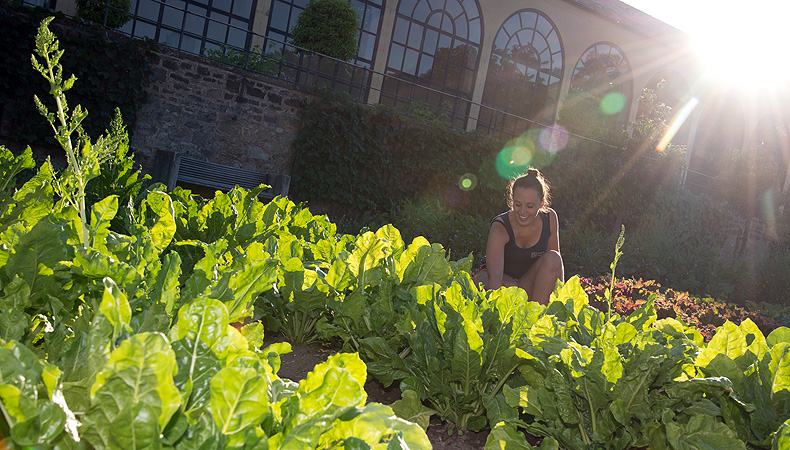
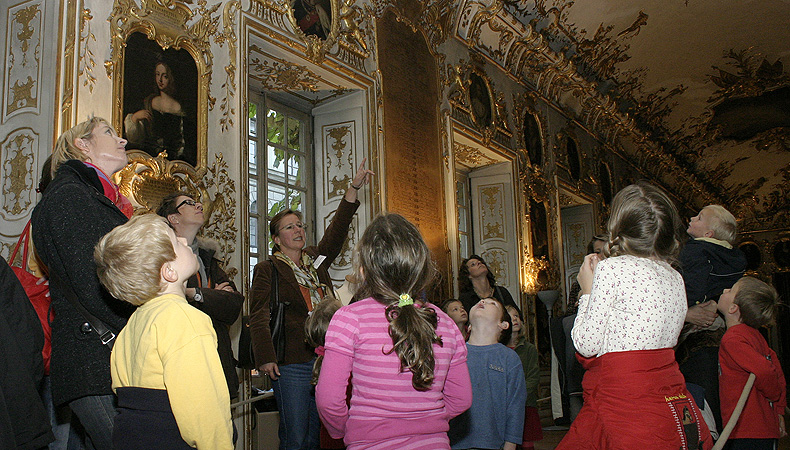
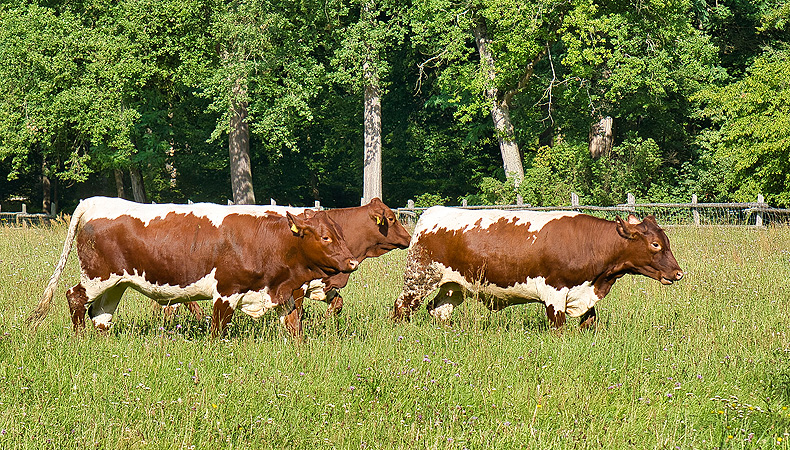
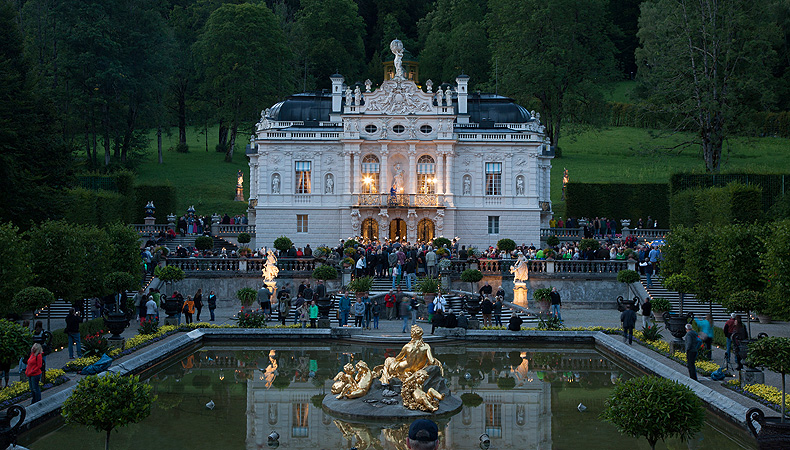
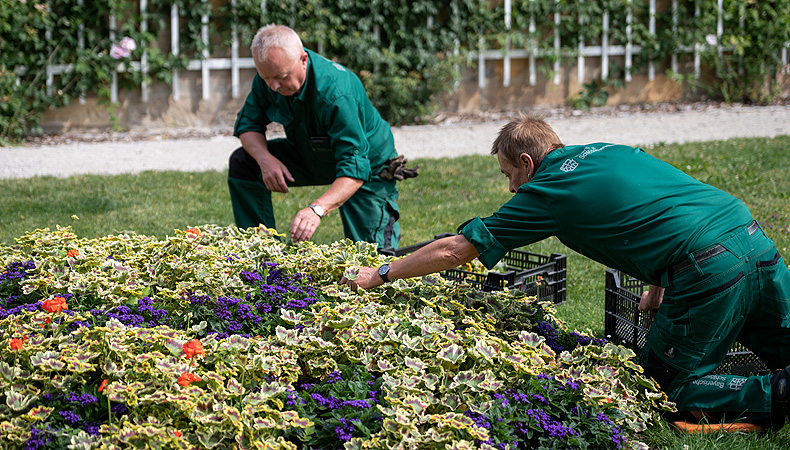
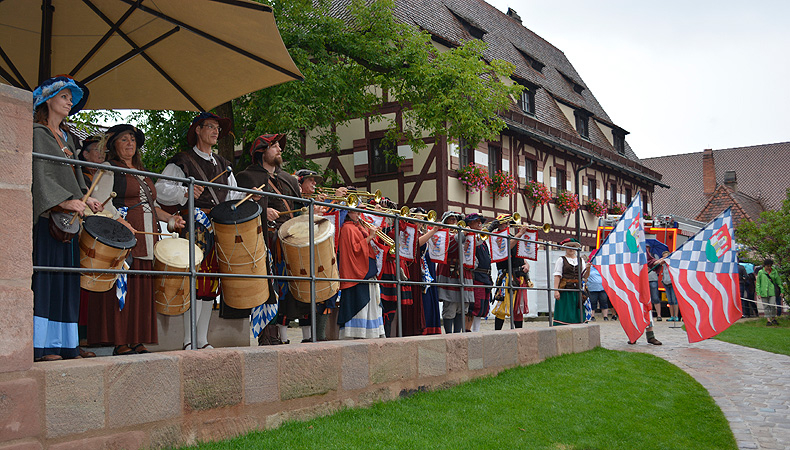
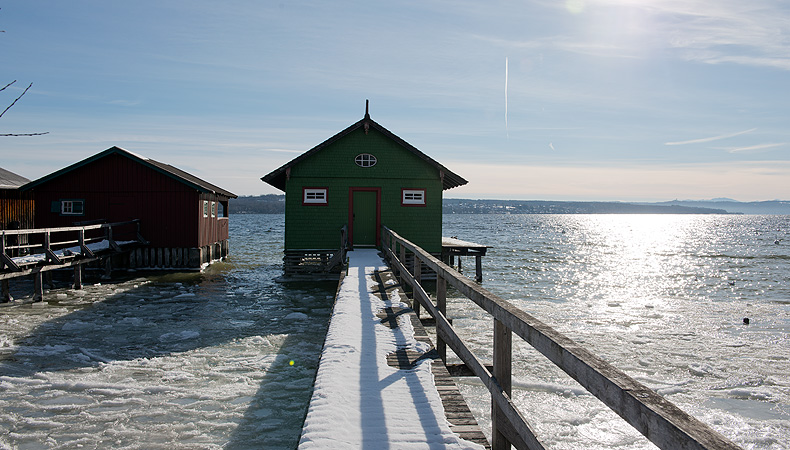
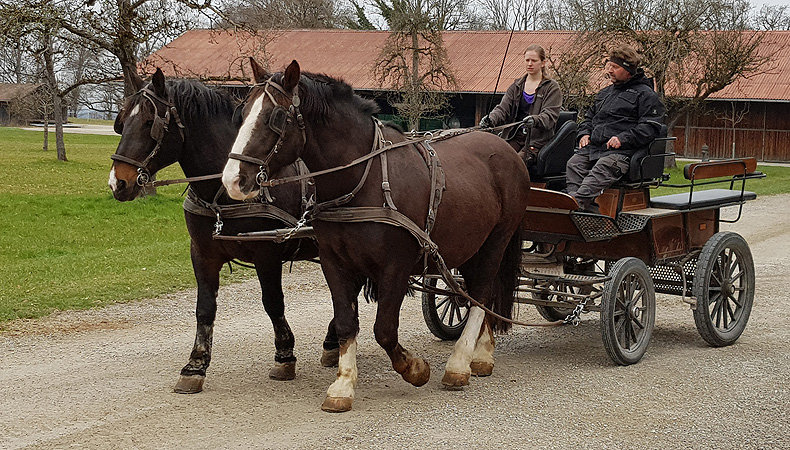
Facebook Instagram YouTube